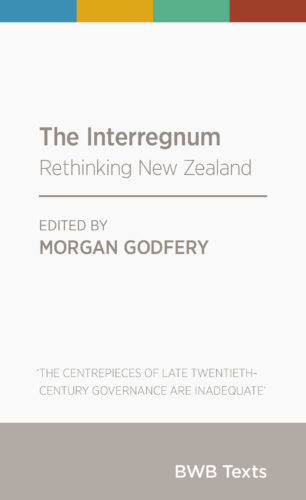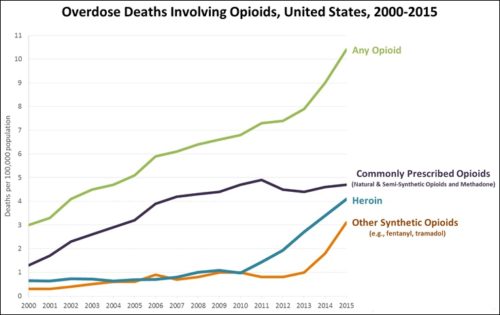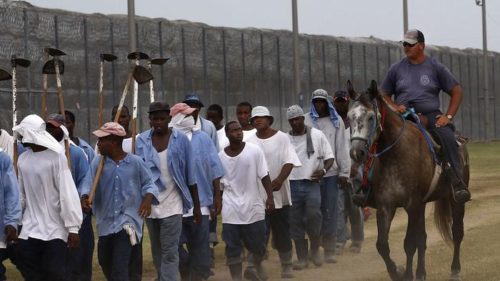
This reading carries on from here.
The tenth, and last, essay in The Interregnum is ‘Politics of Love’, by Max Harris. Like the other essays in this collection, it speaks from an unashamed youth perspective, such as when Harris complains of the “stale language” of the current political discourse.
This essay is about the politics of love, and it opens by defining what love is to Harris: “a feeling of deep warmth that is directed outwards towards an object, such as another person.” There is nothing objectionable about his definition of love; indeed it seems fairly comprehensive, especially when he writes that “the idea of love is closely tied to relationships and the connections between people.”
Predictably, given the Marxist leanings of the previous essays in this book, this essay quickly moves on to a declaration that the politics of love would necessitate “a willingness to accept a greater number of refugees.”
But one wonders why it is that emphasising the aspect of love leads naturally to the conclusions that Harris takes it to.
Why not, for example, stop all immigration to New Zealand from the Third World on account of love for the people already in New Zealand, whose living standards drop when Third Worlders move into their locales? Isn’t it entirely possible that my love for the people of New Zealand impels me to want to see them safe from robbery, rape and murder – the crimes that mass Third World immigration has brought to Europe and America?
Doesn’t our love for young New Zealand girls and women drive us to keep them safe from the rampant sexual abuse and harassment that is now part and parcel of the female experience in Europe?
Doesn’t our love for the homeless and mentally ill already in New Zealand drive us to take care of them as a priority, before we spend money importing irreparably damaged people from the other side of the world to jump in front of them in the queue?
Doesn’t our love for the hardworking taxpayer who has busted his back his whole life drive us to ensure that he can retire at a fitting age, instead of having to work into senescence to pay for gibs?
The essay makes a plea for more solidarity, but how is that possible when diversity is also increasing? It points out that New Zealanders already feel disconnected – so how will importing tens of thousands of “refugees” help? It will only add to the ethnic chaos, making us feel even more disconnected.
But Harris, and people like him, would happily call me hateful for asking those questions.



